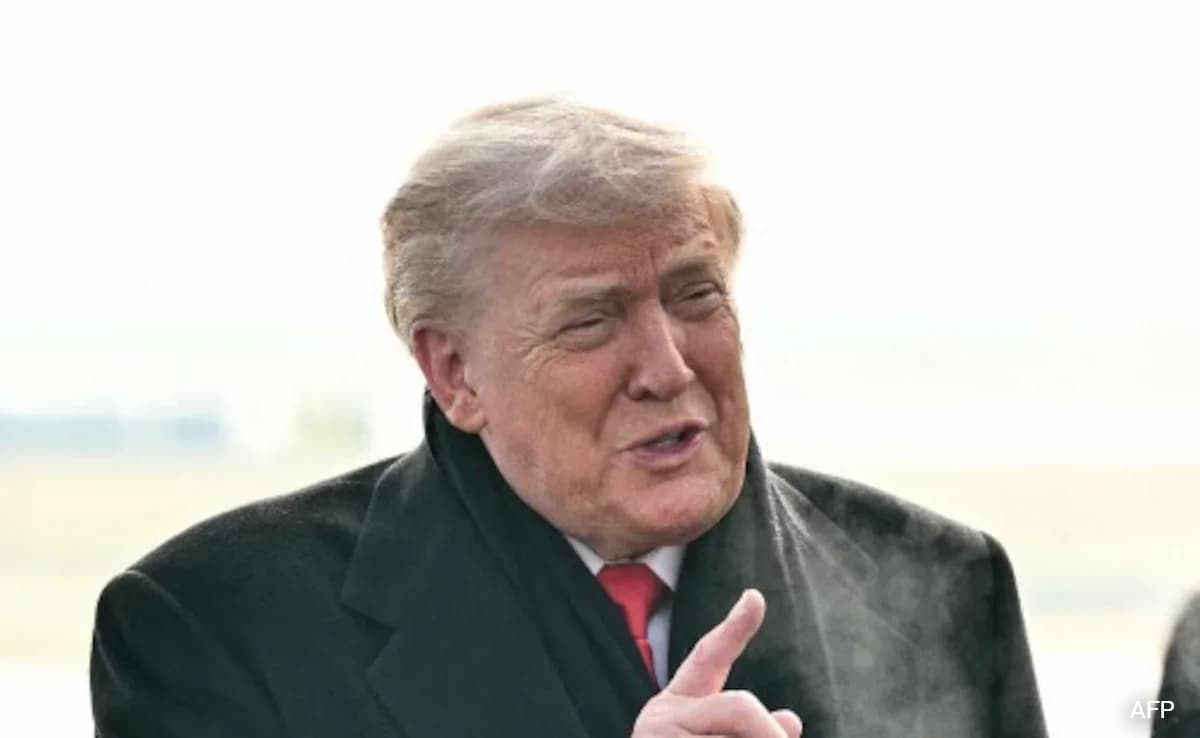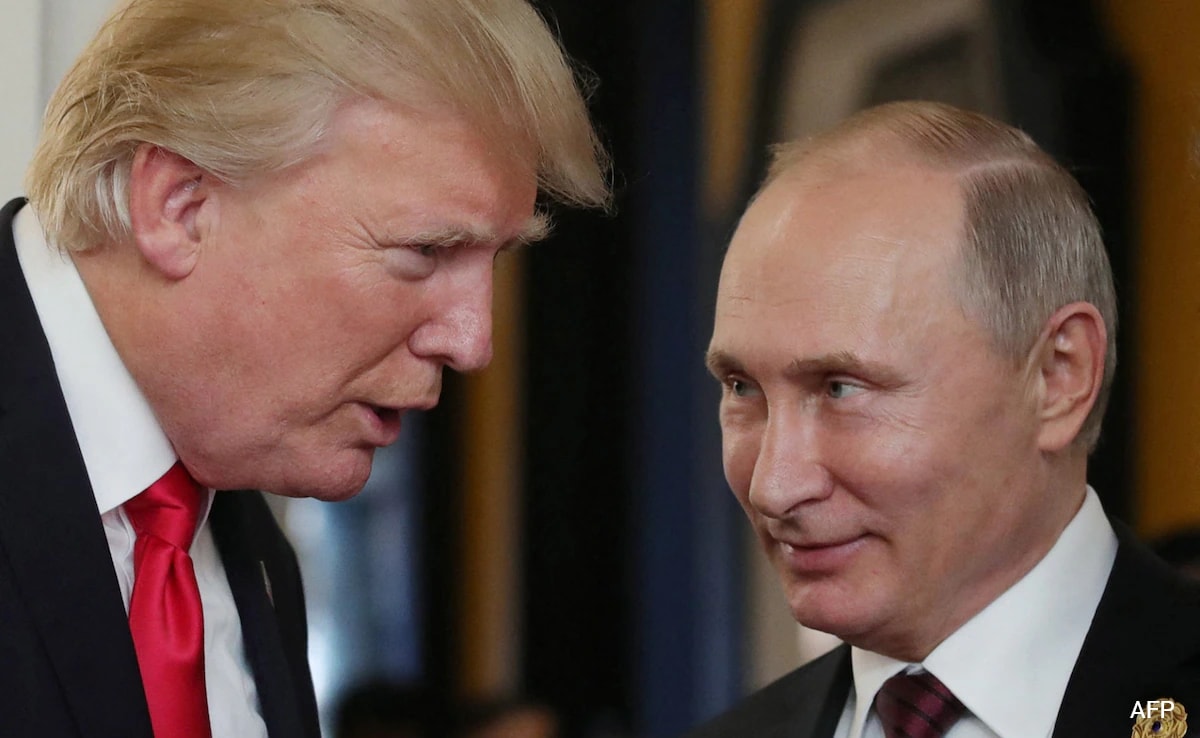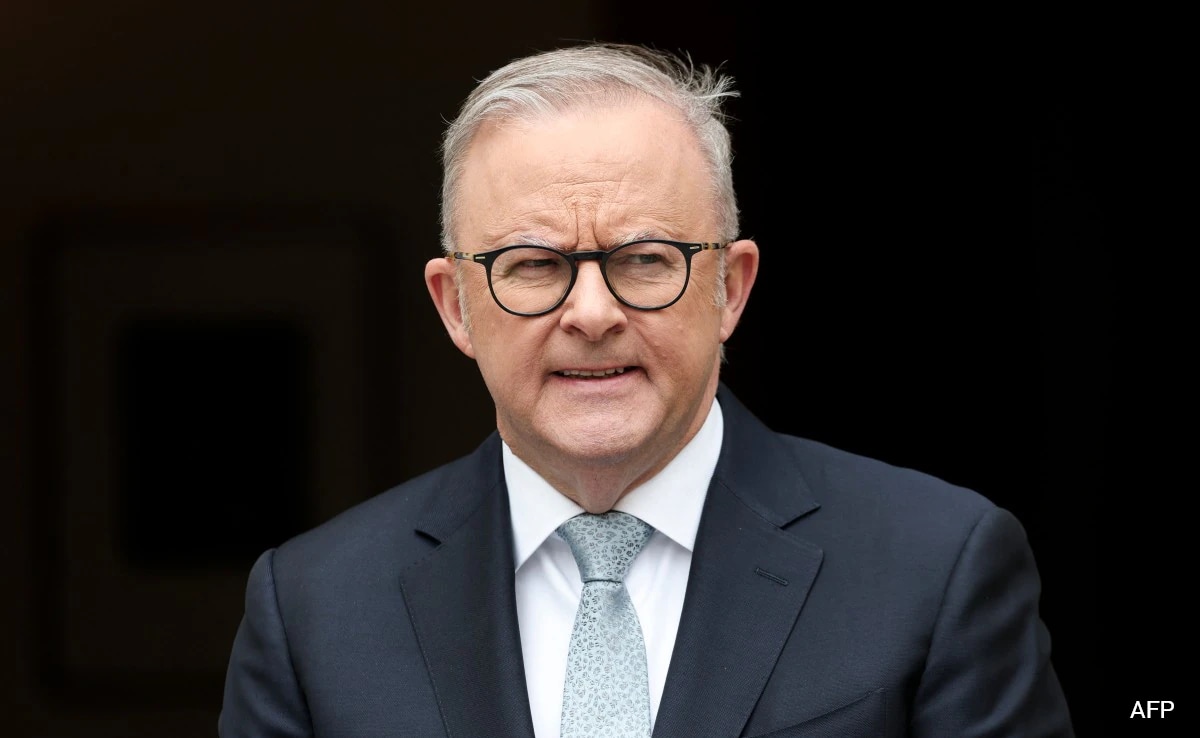Her disappointment is widely shared in Venezuela, where the economy is dismal and many people are fed up both with the government and the groups that oppose it.
âI donât believe in either side, neither the opponents nor the ruling party,â the mother of two said. âWhy? Because they promise and promise and do not deliver. They get up there, âWeâre going to get rid this nefarious government,â just talk. There are many people here who do not leave their homes (to attend the gathering) â only a few do âbecause they no longer believe in any of this.â
That broad malaise follows a brief burst of enthusiasm generated by a few notable local election victories and it undercuts opposition efforts to reconnect with supporters after a pandemic-forced hiatus of large marches and gatherings.
Guaidó, then the head of congress, declared himself Venezuelaâs legitimate leader in 2019, asserting Maduroâs reelection had been illegitimate. He drew enormous crowds of backers into the streets while also winning widespread international recognition from the U.S., Canada and many European nations.
But much of the momentum seems to have evaporated.
Guaidóâs popularity has dropped from about 60% three years ago to under 15% in February, according to the the Venezuela-based polling firm Datanalisis.
Thatâs because many believe he lacks a viable way to oust Maduro, who has held power since 2013, said David Smilde, senior fellow at the Washington Office on Latin America and professor at Tulane University.
âUnless itâs somebody whoâs just really enamored with Guaidó or somehow close to the opposition movement, itâs pretty hard to find people that think that this is the guy,â Smilde said.
âMost everyone else thinks, âWell, this just led to nothing; nothingâs changed.â And theyâre going to remain passive until they see some kind of really different new offering.â
Government crackdowns, too, have made many wary of getting involved.
Domestically, some key opposition leaders â and some vocal citizens â have been imprisoned or fled abroad. The government has squeezed out opposition and most independent news outlets. Many fear that expressing opposition could endanger their access to subsidized goods distributed by the government.
Internationally, Guaidóâs failure to capitalize on his initial burst of popularity has dimmed his appeal. Several of the countries that once recognized Guaidós parallel government no longer do so.
A much smaller crowd turned up on a narrow, dead-end street in a hillside neighborhood last month to hear Guaidó, still just 38. Some had been bused in and wore the orange or blue t-shirts of political parties in his U.S-backed movement. Others stood outside their homes to listen and a few walked over to shake his hand.
But for many, daily routine continued. A man delivered water to homes, another left for work. Mayora, 44, kept her shop open. A customer struggled to do math trying to figure out how best to stretch $5.
âPeople right now have become very selective, if you will, about the things they attend to and the things they put energy and effort into,â said Benigno Alarcon, director of the Center for Political and Government Studies at the Andres Bello Catholic University.
âWhen you tell people, âWell, we are going to protest,â people are going to tell you, âWell, exactly what for and what is it going to be used for? And what is this protest going to lead to? And why is this one going to work if the other didnât work?â So there are very, very low expectationsâ for change.
Only about 42% of registered voters participated in Novemberâs regional elections and Alarcon said many people do not think that their vote will be respected.
The socialist government won most of the races, but it suffered a notable setback in the northwest state of Barinas, where the family of the governing movementâs founder, the late President Hugo Chavez, had governed for more than 20 years. The opposition candidate was retroactively disqualified while leading the vote count. Electoral authorities then scheduled do-over for January â and disqualified two other opposition candidates. Yet the opposition eventually won again, shocking the ruling party.
Government employee William Gomez was among the throngs who turned out for Guaidó in 2019, but says he wonât do it again.
âI no longer believe in anyone,â Gomez, 60, said shortly after Guaidó finished his speech. âWhat are we going to do if these gentlemen do not make good politics? Another leader who really dedicates himself to the people has to be born.â
Nearby, Yoliany Salazar said party organizers like herself were working to change the minds of people like Gomez.
âIt is a little ant work, a little-by-little-type work,â she said, and echoed Guaidós assertions of progress, such as an investigation by the International Criminal Court into possible crimes against humanity committed against protesters in 2017.
.png)











 English (United States) ·
English (United States) ·  Turkish (Turkey) ·
Turkish (Turkey) ·